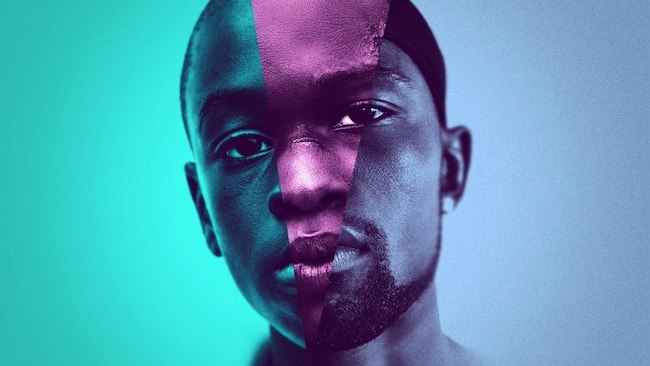Not the most uplifting selection of shorts, but these five documentaries were certainly thoughtful and artistic.
They combined beauty with a quiet sadness in the background that came forward only in brief moments. We are offered such an intimate look into personal tragedies and journeys in
 this group of films, and that doesn’t always feel completely right. In Life Overtakes Me especially, we observe several refugee children caught in the coma-like state of Resignation Syndrome; they are unaware at that moment of our watching them being taken care of like invalids. The cool, pretty sunlight comes through the window to highlight a delicate hand, the rising and falling of the chest filling with unconscious breath. Their parents are filmed almost as a performance of parenthood, having to ignore the cameras’s eye and the incredible pain of not knowing–their family’s refugee status, whether their child will regain consciousness, what would happen if they were deported. It feels like an intrusion, something I don’t deserve to see.
this group of films, and that doesn’t always feel completely right. In Life Overtakes Me especially, we observe several refugee children caught in the coma-like state of Resignation Syndrome; they are unaware at that moment of our watching them being taken care of like invalids. The cool, pretty sunlight comes through the window to highlight a delicate hand, the rising and falling of the chest filling with unconscious breath. Their parents are filmed almost as a performance of parenthood, having to ignore the cameras’s eye and the incredible pain of not knowing–their family’s refugee status, whether their child will regain consciousness, what would happen if they were deported. It feels like an intrusion, something I don’t deserve to see.
Walk Run Cha-Cha was the most light-hearted of the five, though it was also the only one that made me cry. Ageism, particularly with women, is strong in the film industry, so I was happy to see an older couple featured in a way that connected them to their bodies and to each other. Too often mature subjects are discounted in their sensuality and ability, instead cast aside as static figures who do not (implied: cannot)
 offer anything but old-fashioned wisdom, always from a seated position. They have less
offer anything but old-fashioned wisdom, always from a seated position. They have less
 agency than their younger counterparts, often in a position of needing someone to take care of them. In Hollywood’s eyes, life seems to end somewhere around 35, maybe 50 for men.This shows that as we age there is still plenty more room for learning, for joy, for romance.
agency than their younger counterparts, often in a position of needing someone to take care of them. In Hollywood’s eyes, life seems to end somewhere around 35, maybe 50 for men.This shows that as we age there is still plenty more room for learning, for joy, for romance.
St. Louis Superman was touching without letting the audience forget its reality of systematic, racially-charged violence. The incorporation of Franks’ young son King was simultaneously beautiful and heartbreaking (he learns so much so young: his father’s bravery, the effect that one’s drivenness can produce, the hypocrisy of institutions meant to protect, how deeply racism permeates those structures). His innocent eyes take in too much, and as we see him cling fiercely to his father, we’re forced to wonder whether his future will be painted more by cynicism or tenacity. 

In the Absence seemed the most abstract. We see almost no video of the passengers of the ferry, which makes sense as most of their phone recordings were destroyed as the ship sank. A large portion of the documentary featured the slowly tilting boat, a big beast of a structure, looking like a dying creature, maybe a whale. It brings to the mind a guilty kind of disgust; we’re meant to be second-hand mourners, but instead we see the government’s ineptitude and this huge, ugly thing taking its sweet time drowning hundreds trapped on board.
Finally is the documentary shorts winner: Learning to Skateboard in a Warzone (If You’re a Girl). The movie was  a well-thought-out mix of history, interview, and politics, while getting closer to the heart through a close connection to a group of talented, spunky young girls. In a land that does not allow for any of the activities depicted in the film, it would have been more accurate to incorporate a touch more seriousness here, rather than depicting Skateistan as a magical safe haven. The point was empowerment and fighting for human rights, but these things can so easily be rosily shown, without the terror and violence involved in their capture.
a well-thought-out mix of history, interview, and politics, while getting closer to the heart through a close connection to a group of talented, spunky young girls. In a land that does not allow for any of the activities depicted in the film, it would have been more accurate to incorporate a touch more seriousness here, rather than depicting Skateistan as a magical safe haven. The point was empowerment and fighting for human rights, but these things can so easily be rosily shown, without the terror and violence involved in their capture.
If you haven’t seen these shorts, I’d recommend taking a pal down to your local theater, as it’s still playing for a few more days most places. This website will find a location near you that is showing them.











